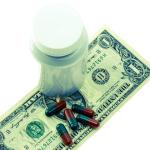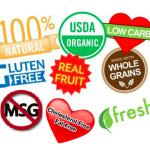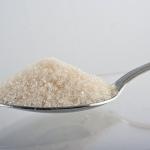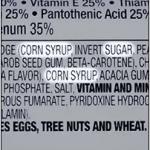In 2018 restaurant menus were required to list calorie counts, "to support informed consumer choice, reduce caloric intake, and potentially encourage restaurant reformulations." Since a majority of Americans eat in fast and slow food restaurants (
added sugar
Nutrition facts labeling is changing: coming soon to a product label near you there will be a new line of information telling you how much of the total su
The FDA has delayed labeling of our foods “added sugar” content until 2020, a new paper in Circulation tallies the costs and benefits of the policy in general.
If this trend continues, Canadians may someday have more access to sugar than they have to ice skating.
Nutrition experts acknowledge that when it comes to the human body, there is no difference bet
We talk about stupid stuff all the time.
In today s don t believe what you read entry, we have a rea
The California Senate







